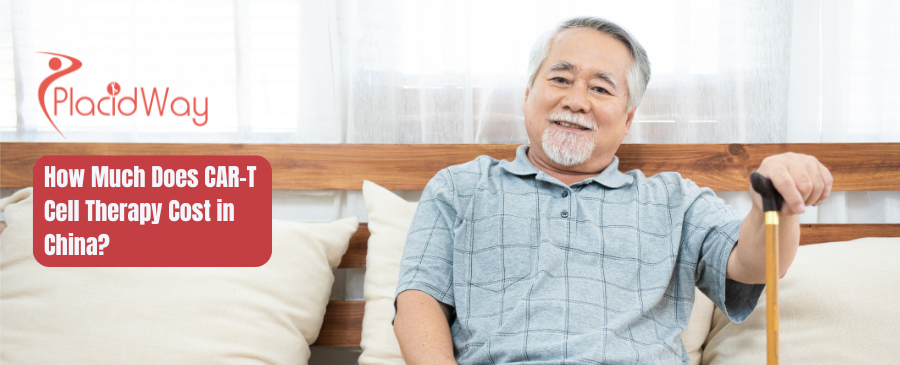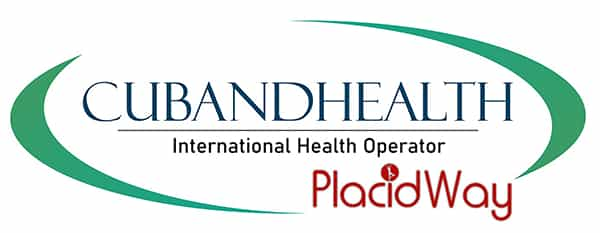The Price of CAR-T Cell Therapy in China

Overview of Chimeric Antigen Receptor T-Cell Therapy in China
CAR-T cell therapy, short for chimeric antigen receptor T-cell therapy, is a groundbreaking form of cancer treatment that harnesses the body's immune system to fight cancer cells. It involves modifying a patient's T cells to better recognize and attack cancer cells. While it holds promise for treating various types of cancers, including leukemia and lymphoma, one of the primary concerns for patients considering this therapy is its cost.
Understanding the Costs of CAR-T Cell Therapy in China
 The cost of CAR-T cell therapy in China typically includes various components such as cell collection, cell modification, and infusion back into the patient's body. Patients undergoing CAR-T cell therapy may require hospitalization for monitoring and management of side effects, which can add to the overall cost.
The cost of CAR-T cell therapy in China typically includes various components such as cell collection, cell modification, and infusion back into the patient's body. Patients undergoing CAR-T cell therapy may require hospitalization for monitoring and management of side effects, which can add to the overall cost.
Before undergoing CAR-T cell therapy, patients may need to undergo several tests and evaluations to determine eligibility and assess potential risks, adding to the total cost. Patients often require medications to manage side effects and support their immune system during and after treatment, contributing to the overall expenses. Regular follow-up appointments and monitoring are essential after CAR-T cell therapy, which may incur additional costs for patients.
Factors Influencing Cost of CAR-T Cell Therapy in China
-
Type of Cancer: The type and stage of cancer being treated can significantly impact the cost of CAR-T cell therapy, with more advanced or aggressive cancers potentially requiring more extensive treatment.
-
Treatment Facility: The cost of CAR-T cell therapy may vary depending on the hospital or treatment center chosen, with some facilities offering more advanced technologies or specialized expertise at a higher cost.
-
Insurance Coverage: Insurance coverage for CAR-T cell therapy can vary, and patients should check with their insurance provider to understand what costs are covered and what out-of-pocket expenses they may incur.
-
Geographic Location: The cost of healthcare services, including CAR-T cell therapy, can vary depending on the region or city within China, with larger metropolitan areas often having higher treatment costs.
Types of CAR-T Cell Therapy
-
CD19 CAR-T Cell Therapy: This type of CAR-T cell therapy targets a protein called CD19, which is commonly found on the surface of B-cell cancers such as leukemia and lymphoma.
-
BCMA CAR-T Cell Therapy: BCMA (B-cell maturation antigen) CAR-T cell therapy is designed to target multiple myeloma, a type of cancer that affects plasma cells in the bone marrow.
-
Other Targets: Researchers are exploring CAR-T cell therapy targeting other proteins and antigens associated with different types of cancer, expanding the potential applications of this treatment approach.
Cost-Effective Alternatives for CAR-T Cell Therapy in China
Clinical Trials and Financial Assistance Programs
Participating in clinical trials for CAR-T cell therapy may offer access to innovative treatments at reduced or no cost to patients, although participation may involve certain risks and eligibility criteria.
Some pharmaceutical companies and healthcare organizations offer financial assistance programs or grants to help offset the cost of CAR-T cell therapy for eligible patients.
Medical Tourism and Negotiating with Healthcare Providers
Patients may consider traveling to other countries, including China, for CAR-T cell therapy where treatment costs may be lower compared to their home country, although travel and accommodation expenses should be factored into the overall cost. Patients can inquire about payment plans or negotiate treatment costs with healthcare providers to make CAR-T cell therapy more affordable.
Fundraising and Support Networks
Patients and their families can explore fundraising options, such as crowdfunding campaigns or seeking support from nonprofit organizations, to help cover the cost of CAR-T cell therapy.
Advantages of CAR-T Cell Therapy in China
-
Precision Targeting: CAR-T cell therapy precisely targets cancer cells while sparing healthy cells, reducing the risk of side effects associated with traditional cancer treatments such as chemotherapy.
-
Long-term Remission: Some patients experience durable remissions or even potential cures following CAR-T cell therapy, offering hope for those with advanced or refractory cancers.
-
Personalized Treatment: CAR-T cell therapy can be tailored to each patient's unique cancer profile, potentially enhancing treatment efficacy and minimizing the risk of disease recurrence.
-
Minimal Downtime: Unlike traditional cancer treatments that may require prolonged recovery periods, CAR-T cell therapy typically involves a shorter treatment duration and minimal downtime, allowing patients to resume normal activities sooner.
-
Potential for Combination Therapy: CAR-T cell therapy can be combined with other cancer treatments, such as checkpoint inhibitors or traditional chemotherapy, to enhance treatment outcomes and address different aspects of the disease.
Cost of CAR-T Cell Therapy Hospitals in China Vs. Other Countries
When considering CAR-T cell therapy cost in China, patients can explore reputable hospitals and treatment centers known for their expertise in cancer care and innovative treatment approaches. It is essential to research each facility's experience with CAR-T cell therapy, patient outcomes, and available support services to make an informed decision.
|
Location |
Cost in USD |
|
China |
$50,000 - $100,000 |
|
United States |
$500,000 |
Get FREE CONSULTATION for CAR-T Cell Therapy in China at PlacidWay!
For individuals considering CAR-T cell therapy in China, it is advisable to consult with a medical tourism facilitator like PlacidWay to explore treatment options, understand costs, and coordinate travel arrangements. Contact us today to book a consultation and begin your journey towards personalized cancer treatment.
While CAR-T cell therapy offers new hope for cancer patients, understanding the costs and exploring cost-effective alternatives is essential for informed decision-making. By considering factors such as treatment options, insurance coverage, and financial assistance programs, patients can access potentially life-saving treatments while minimizing financial burden. Click contact us button below to get started.














